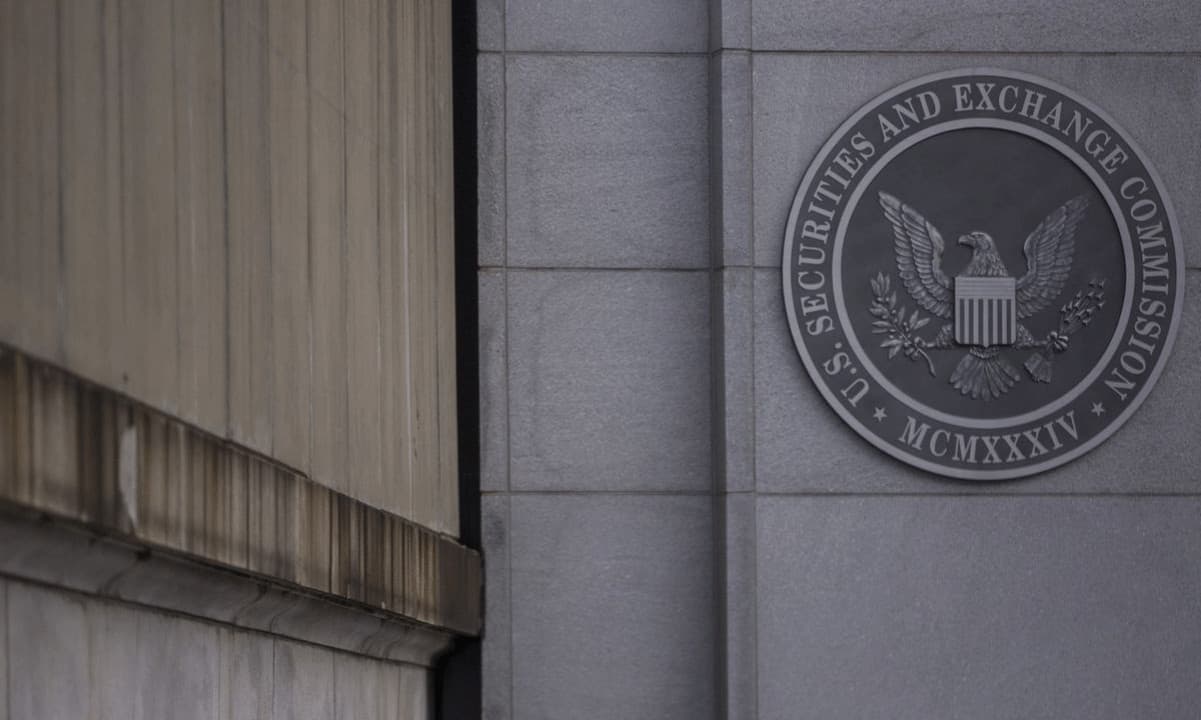The Securities and Exchange Commission (SEC) and the Commodity Futures Trading Commission (CFTC) recently held their first joint roundtable in nearly 14 years. This significant event highlighted the two agencies’ intent to cooperate on crypto regulation, despite having little history of collaboration.
### Alignment on Crypto Rules
Acting CFTC Chair Caroline Pham acknowledged during Monday’s roundtable that while the SEC and CFTC have had many opportunities to work together for market participants and global capital markets, unclear regulatory boundaries have sometimes caused friction and difficulties for the public. Pham expressed her satisfaction that both regulators are now aligning rules to reduce unnecessary costs, support responsible innovation, and foster fair competition.
Pham pointed to the SEC’s Project Crypto and the CFTC’s Crypto Sprint as early examples of this emerging coordination. She suggested that greater harmonization between the two agencies could lead to increased efficiency, clarity, and expanded investor access to digital assets.
Addressing concerns about the CFTC’s effectiveness, Pham reported that from January 20 to September 3, the agency carried out 18 non-enforcement actions and 13 enforcement actions, some involving digital asset lawsuits. Since September 4, the Commission has initiated 14 additional legal proceedings in just a few weeks.
The acting chair emphasized that these numbers demonstrate the CFTC’s active and effective role in regulation. She added, “There needs to be no more FUD about what’s happening on the other side of town.”
### Discussions on Market Structure and Innovation
The roundtable also featured panels focusing on market structure and innovation. Discussions covered topics such as extended trading hours, perpetual contracts, prediction markets, and crypto assets. Participants included executives from major crypto firms such as Kraken, Robinhood, and Crypto.com.
—
You may also like: On the sidelines of the recent event, SEC Chairman Paul Atkins stated that crypto is the agency’s top priority right now. He also identified asset tokenization as a key area of regulatory focus, cautioning that it may take a year or two to establish proper guardrails. Atkins described asset tokenization’s potential as “pretty much endless.”
Earlier this year, the financial watchdog held discussions on tokenization and crypto regulation with the aim of harmonizing rules amid increasing crypto adoption.
### Tensions Rise Over Classification of Tokenized Securities
Elsewhere, the crypto community on platform X has reignited debate over how tokenized securities should be classified. This conversation follows tensions at the recent joint panel, where representatives from traditional finance resisted innovation exemptions and advocated for strict fungibility requirements under Regulation NMS.
Crypto lawyer Gabriel Shapiro argued that tokenized securities should indeed be fungible. In response, former regulatory adviser Justin Slaughter questioned the notion that these instruments are inherently derivatives, suggesting instead that they might represent either the underlying asset itself or an idealized version.
Shapiro countered that such ambiguity likely reflects poor tokenization practices using special purpose vehicles (SPVs) and similar structures, compared with more native approaches like Superstate or MetaLeX.
—
The joint SEC-CFTC roundtable underscores a growing commitment to clearer, harmonized regulations in the crypto landscape, while also bringing to light ongoing debates that highlight the complexities of this rapidly evolving market.
https://bitcoinethereumnews.com/tech/the-sec-and-cftc-hold-first-joint-roundtable-in-nearly-14-years/?utm_source=rss&utm_medium=rss&utm_campaign=the-sec-and-cftc-hold-first-joint-roundtable-in-nearly-14-years


